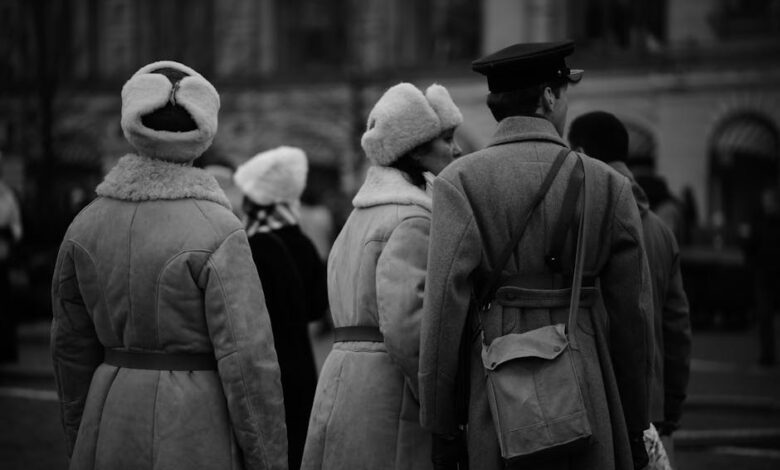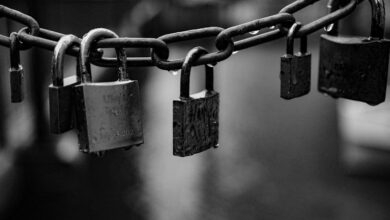The Unparalleled Rivalry: A Defining Era

There’s a certain gravitas that comes with a thousand games. In the often-fickle world of professional football, where careers can be fleeting and managerial tenures notoriously short, reaching such a monumental number is nothing short of extraordinary. This Sunday, as Manchester City prepares to face arch-rivals Liverpool, Pep Guardiola will step onto the touchline for his 1000th game as a manager. It’s a statistic that speaks volumes about his longevity, his unwavering commitment, and the relentless pursuit of excellence that has defined his career.
Yet, amidst the celebration of this incredible milestone, a poignant undertone has emerged. Guardiola himself has spoken of missing his old adversary, Jurgen Klopp, the architect of Liverpool’s recent golden era, who is set to depart Anfield at the season’s end. It’s a bittersweet admission, a recognition that the fiercest rivalries often bring out the best in us, pushing us to new, unimaginable heights. The stage is set for a landmark game, against a familiar foe, but with a different kind of emotional resonance.
The Unparalleled Rivalry: A Defining Era
For nearly a decade, the Premier League has been blessed with a rivalry that transcends mere club competition. The tactical battles between Pep Guardiola’s Manchester City and Jurgen Klopp’s Liverpool have not just defined an era; they’ve elevated the entire league. Two footballing philosophies, diametrically opposed yet equally intoxicating, clashing with relentless intensity, season after season.
Guardiola’s intricate, possession-based control against Klopp’s high-octane, gegenpressing chaos. It was footballing chess at its most exhilarating, played at warp speed. They pushed each other to unprecedented points totals, forcing each team to consistently operate at the very peak of their powers, lest they fall behind. The margins were often razor-thin, decided by moments of individual brilliance or audacious tactical tweaks.
It’s a curious admission, isn’t it? The best manager in the world, at the helm of a dynasty, openly lamenting the departure of his fiercest rival. But it makes perfect sense. Greatness often requires a worthy challenge to truly shine. Klopp provided that challenge relentlessly. He pushed City to evolve, to adapt, to find new solutions when every other team struggled. Guardiola’s words, “I miss him,” aren’t just polite sentiment; they reflect a genuine appreciation for the sparring partner who made him and his team better.
Their mutual respect, despite the ferocity of their competition, has always been evident. They’ve often exchanged pleasantries, praised each other’s teams, and even shared a laugh on the touchline. This rivalry wasn’t born out of animosity, but out of an unyielding desire to win and an understanding of the sheer quality they faced across the dugout. It’s a testament to the character of both men that they fostered such a high-stakes, yet ultimately sportsmanlike, contest.
A Thousand Games: The Weight of Genius
Consider that for a moment: a thousand games. That’s not just a number; it’s a testament to unwavering dedication, constant innovation, and an incredible ability to motivate and manage elite talent over an extended period. From the foundational brilliance at Barcelona, through a dominant spell with Bayern Munich, to the record-breaking era at Manchester City, Guardiola has consistently redefined what’s possible in modern football.
To reach such a milestone at the absolute pinnacle of the sport is mind-boggling. It speaks to a level of sustained success that few can ever hope to emulate. Every single game brings immense pressure, scrutiny, and expectation. Every week demands new tactical solutions, player management dilemmas, and the mental fortitude to bounce back from setbacks. Pep Guardiola has navigated these challenges for two decades, rarely faltering, often excelling beyond belief.
It’s not just about winning trophies – though he has a cabinet overflowing with them. It’s about the sheer influence he’s had on the game. His Barcelona team changed how we view possession football. His City side pushed the boundaries of collective pressing and fluid attacking play. He’s a true footballing philosopher, constantly evolving, constantly seeking perfection, even when others would settle for mere victory.
Beyond the Touchline: The Human Element
What often gets lost amidst the tactical diagrams and trophy counts is the immense human toll that elite football management takes. The constant travel, the media demands, the relentless strategizing, the emotional swings of wins and losses. To sustain that for a thousand games requires an inner drive and resilience that few possess.
Guardiola’s admission about missing Klopp is a rare glimpse into this human side. It highlights that even the most successful individuals in highly competitive fields aren’t immune to personal connections and the value of a worthy opponent. It suggests that perhaps, for all the tactical nuances and high-tech analysis, football, at its heart, is still a very human game. It’s about emotion, connection, and the thrill of a genuine challenge.
His words aren’t a sign of weakness; they’re a sign of strength and self-awareness. It takes a certain confidence to admit that a rival’s presence makes you better. It also makes him more relatable, reminding us that even footballing titans share the same fundamental desires for challenge and connection that drive us all.
Liverpool Awaits: A Familiar Foe, A Different Dynamic
So, as Pep Guardiola marks his 1000th game, it is fitting, almost poetic, that the opponent is Liverpool. Even without Klopp in the opposing dugout, the Reds represent a formidable challenge and a continuation of the narrative that has defined much of Guardiola’s Manchester City tenure. Anfield remains one of the most intimidating grounds in world football, and Liverpool, under Klopp’s enduring influence, is still a team built on intensity, hunger, and an unshakeable belief.
While the architect of that rivalry might be winding down his Anfield tenure, the foundations he laid are undeniably strong. Liverpool will be fighting for the title, for pride, and undoubtedly for their departing manager. This isn’t just another Premier League fixture; it’s a clash of titans with immense implications for the title race and a deeper, almost historical significance for Guardiola.
This match will, in many ways, serve as a bridge. It’s a celebration of Guardiola’s incredible past, a stark reminder of the intense rivalry that pushed him, and a look ahead to a future where new challenges and new adversaries will undoubtedly emerge. The game will be a testament to what Klopp helped build at Liverpool and what Guardiola has maintained at City – two powerhouses of modern football.
A Legacy Forged in Fire
Pep Guardiola’s 1000th game is more than just a personal milestone; it’s a moment to reflect on a career that has reshaped football. He’s not just a manager; he’s a visionary, a tactician, and an innovator whose influence will be felt for generations. His lament for Jurgen Klopp highlights a beautiful truth about elite competition: it’s the rivals who push us hardest, who force us to confront our limitations and ultimately expand our capabilities.
As the whistle blows on Sunday, the focus will be on the three points, the title race, and the immediate tactical battle. But beneath the surface, there will be a deeper narrative playing out – a celebration of sustained genius, a recognition of a defining rivalry, and a quiet acknowledgment of the human element that binds even the fiercest competitors. Guardiola’s legacy is not just about the trophies; it’s about the indelible mark he has left on the beautiful game, a mark forged in the fires of relentless ambition and unforgettable rivalries.





